Mutually beneficial results from a direct trade model
In 2015 El Grupo Crespo and I, together, took a big risk and eliminated the middle man; we laid the groundwork to sell Crespo Organic Mangoes using a direct trade approach. This began with revamping the (original) Crespo family mango brand. We notified the bevy of wholesale and retail customers who had been buying our mangoes from well-known intermediaries – explaining how this would benefit them in the short- and long run – and asked them to please support us. Three years into this adventure, it has proven to be a fruitful approach for our customers, consumers and the long-term viability of our farm and business.
It’s important to emphasize that direct trade (farmer to market customer) is not the same as fair-trade. It does not answer directly to that question. It does, however, empower farmers to be better positioned to enter into fair-trade and/or related farmworker wellbeing programs, which tend to be complex, challenging landscapes. We are equally devoted to our social responsibility and have been working on some initiatives that answer the social responsibility questions from consumers in the form of audits and certifications. Social responsibility (fair-trade) is about the wellbeing of the farmworker and direct trade is about the farmer and the customer’s approach to trade. This post is about the later.
The direct trade model was developed in the coffee and chocolate industry (as was the fair-trade concept). Coffee and chocolate farmers were losing margin as the commodity flourished in the marketplace. Simultaneously the end user continued to demand better quality and safety standards. Everyone was pushing and being pushed. The direct trade model was motivated by a desire to build more sustainable, mutually beneficial transparent systems with higher quality supply chains. It was the result of farmers and farmer advocates building direct relationships with roasters and processors, who were pragmatic in the viewpoint of the importance of the farmer. Direct trade aimed to to accomplish two objectives: better prices for the farmer and better quality for the customers and end-users. Direct trade specifically correlates the interdependence between these two objectives.
The objective of the direct trade model is essentially to eliminate the power imbalance between the farmer and the “buyers” in the marketplace. This power equity is essential for farms to be successful. Where social responsiblity initiatives promote the protection of farmers, and is one necessary component of the trade overview, direct trade enables greater aspirational success for the farmer. Both are part of a greater harmony that most advocates of ethical agriculture strive toward. Without intermediaries, value is shared between farmer and market buyer equally in order to maximize the value of the final product at market level- the farmer and the market buyer, become dependent on each other for success.
Direct trade tends be a quality-centric, where shared business goals lead the progress forward. The farmer is the expert on production of a high-quality product, and the customer (in our case, wholesalers and retailers) is the expert on product distribution to the consumer. The two parties exchange information on the challenges and opportunities, and they strategize to build long-term commerce relationships built on trust, transparency and respect. In this model, industry product standards are often challenged and raised.
The genesis that pushed El Grupo Crespo to venture into direct trade were several years of successful sales in a booming organic marketplace with little to show for it. This had continued despite the advanced expertise of Crespo’s mango growers and their foresight into organics. It was financially difficult, if not impossible to succeed with the middle man approach and the diminutive maximum margins for mangoes (organic included) in the market place.
In the USA, most mangoes are sold through brokerage style wholesalers. The majority of the big names don’t own a piece of land, a packing house or have any relation to farm communities or farmworkers whatsoever. Their stake in the process is remarkably low. Most of these “purchase models” benefit the broker and are aggregately unequal. There is seldom opportunity (or incentive) in the brokerage model to improve the supply chain, increase/equalize the farmer’s margin and advance the quality and consistency of the product for the consumer.
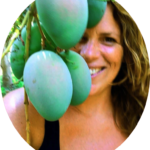 I had been working with organic (and fair-trade mangoes) since around 2005 with my then company Ger-Nis International (essentially a middle man company, helmed by a woman of course). Eventually (long story) I found myself working for the middle man, selling mangoes. These middle men bought mangoes from growers (including El Grupo Crespo) under an assortment of agreements. Some of these agreements were more equal and more fair, but mostly everyone split hairs or in this case- limited margins. The mangoes were always packed in the middle man’s brand, and all monetary problems were passed back to the grower, with little consideration or motivation to investigate, eliminate or reduce problems. The life of a mango middle man is often lucrative with minimal risk. The life of a mango producer isn’t the same.
I had been working with organic (and fair-trade mangoes) since around 2005 with my then company Ger-Nis International (essentially a middle man company, helmed by a woman of course). Eventually (long story) I found myself working for the middle man, selling mangoes. These middle men bought mangoes from growers (including El Grupo Crespo) under an assortment of agreements. Some of these agreements were more equal and more fair, but mostly everyone split hairs or in this case- limited margins. The mangoes were always packed in the middle man’s brand, and all monetary problems were passed back to the grower, with little consideration or motivation to investigate, eliminate or reduce problems. The life of a mango middle man is often lucrative with minimal risk. The life of a mango producer isn’t the same.
By that time, I had developed a solid grower-centric reputation. I chose to work with smaller, organic growers from all over the world, who were typically excellent farmers (and thinkers) who grew excellent quality, and who were more open to learning the truths about the marketplace. My transparent approach with growers and customers (wholesalers and retailers) was rare, but I knew it was the only way to find more money for the growers as well as the lower price and higher quality the marketplace continued to push for. I was pushed by all sides at all times. I learned the hard way that I was too insignificant to change the marketplace. On the other hand, I also learned what I call cooperation math, defined as the numbers $$ that show up when cooperation is practiced. Later, I came to find this concept was already a thing (evolution math), and it “proves that cooperation flourishes best when each individual has strong, reciprocated connections to a small number of others.” The idea that cooperation could lead to better results $$ for everyone changed my work and my direction.
After years of struggling to impact local growing communities, I joined with El Grupo Crespo, and we ventured into this direct trade approach to mangoes together. I know I still can’t change the marketplace (we all know I still try) but that I can make a difference in the details with cooperation as my guide. I found a lot of customers that support this direct trade approach and all that makes it work: cooperation, transparency, trust, information sharing, etc.
We don’t have higher margins today than we did three years ago. Overall, prices in the marketplace have gone down and continue to trend that way. Still we have excellent customers who support us and organic demand continues to trending upward. We have invested what we can into expanding our mango expertise, quality and consistency of outputs. This makes a big difference to our buyers and the end user and the sustainability of the system as a whole.
Given the margin decline, cooperation amongst our customers in trying to understand or foresee market expectations and where exactly in the marketplace might there be opportunities ( cooperation math) is extremely important to us. Efficiency and precision in the growing, packing and shipping are essential. We try and lead all of the various components of the farming and marketing operations with forward-thinking cleverness, creativity, innovation, education (both ways), trial and error, science, decisiveness, persuasiveness, and of course hard work. We also employ the power of passion, optimism, positivity and luck. Cooperation math proves that less hands in the mix gives greater opportunity for success (for all) in such convoluted commodities, such as mangoes.
We take our role as mango experts seriously, all the way down to the level of consumer education. We are lucky enough to have openminded, curious and driven experts at every point in the process.
We share information to all segments of the industry: fellow growers, fellow marketers, wholesalers, retailers and consumers. When more information is shared and an equitable margin goes directly to the farmer, everyone benefits. The farmer is more able to reinvest in the farm and the growing community and the customer is able to concentrate on sales and consumer satisfaction. The result is a cooperative win win, creating capacity to grow and sustain the cycle.
This model is incredibly important in organics with an intense growing demand and typical neck and neck supply. Factors like climate change that make production more difficult to gauge—especially on commodities like mangoes, which are typically farmed at the mercy of nature create difficulties to in the chain. Retailer competition is incredibly fast-paced, the consumers is more educated than ever.
The complexities of agriculture are tremendous; more than ever we need cooperative models that think holistically. Direct trade is one aspect of this holistic framework, one that El Grupo Crespo knows has been playing a pivotal part in the improving of all of their systems, from enhancing equity for farmers, improving farming systems, and enhancing quality.
A little reminder that these are my own independent opinions and thoughts that I share on my mango blog, a blog that is connected to and at the same time separate from Crespo Organic Mangoes. I am a passionate farmer-advocate and understand deeply that the issues that surround the concept of ethical and equal agriculture are complicated. For me any attempt to speak openly about the complexities is a path forward. I’m always happy to take these discussions off line. Nissa@Ger-Nis.com
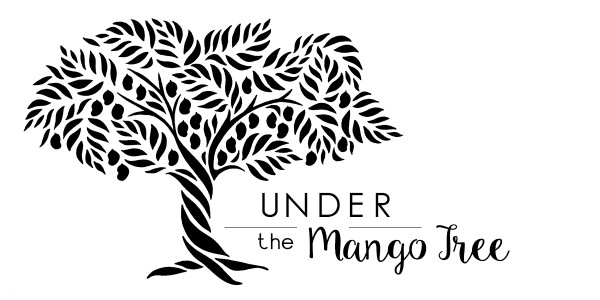
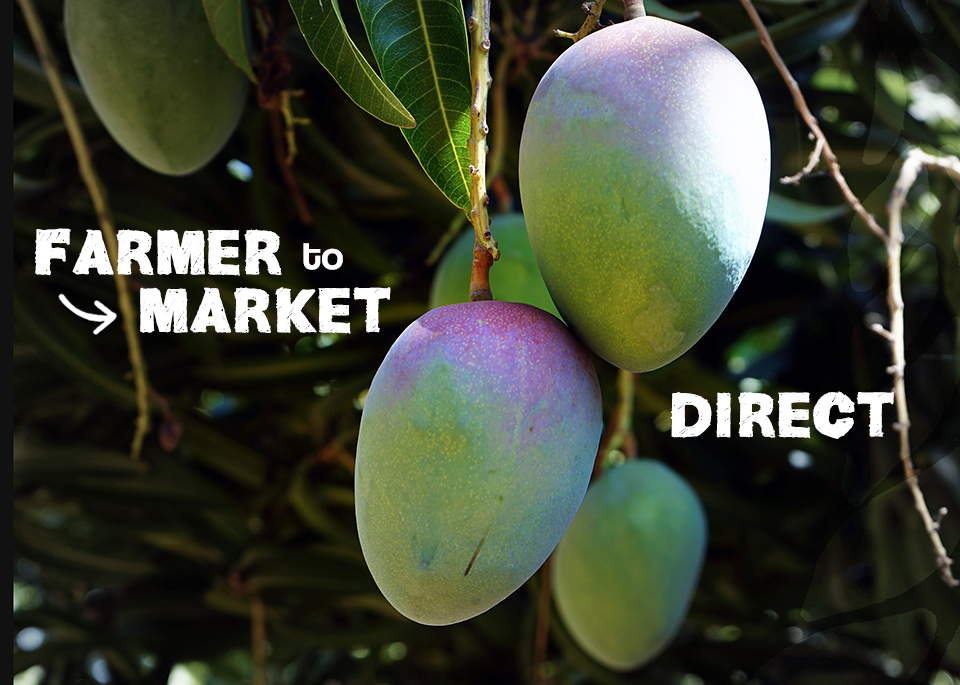


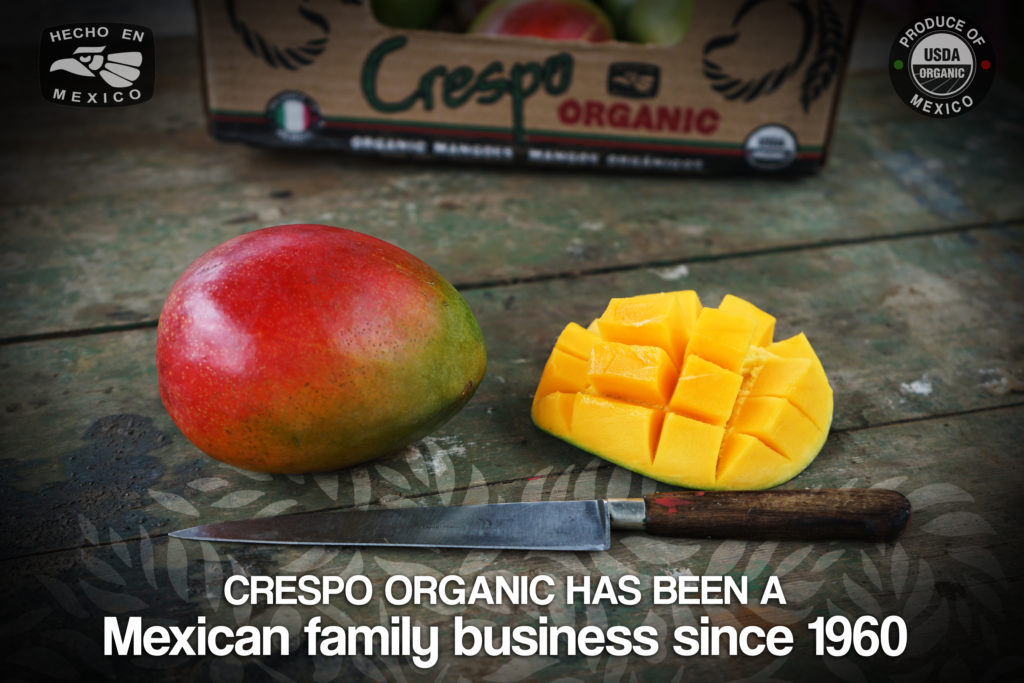
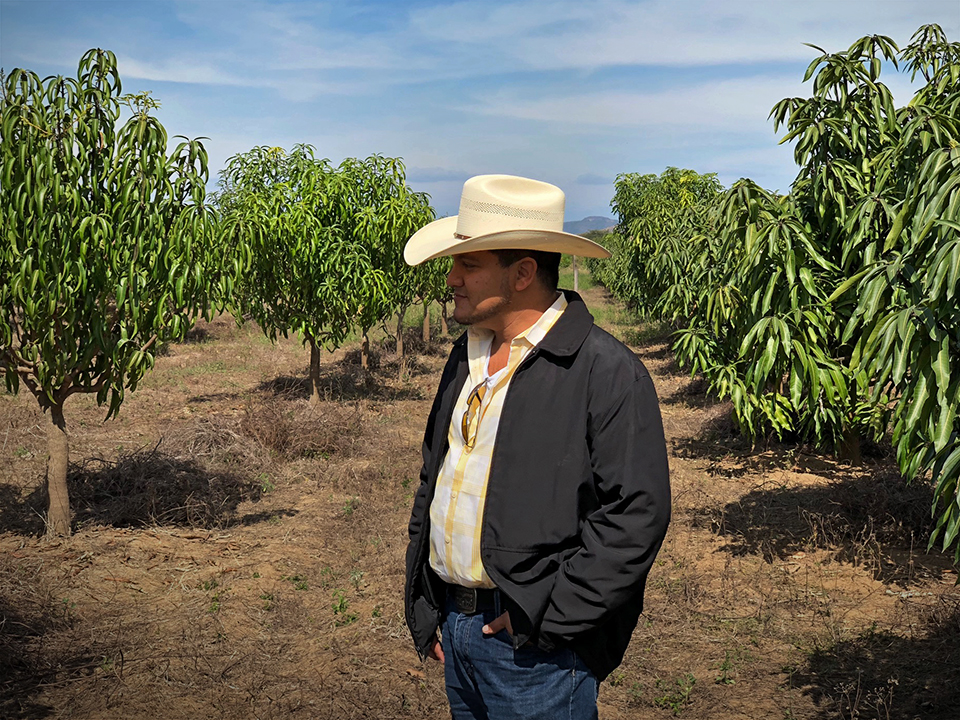
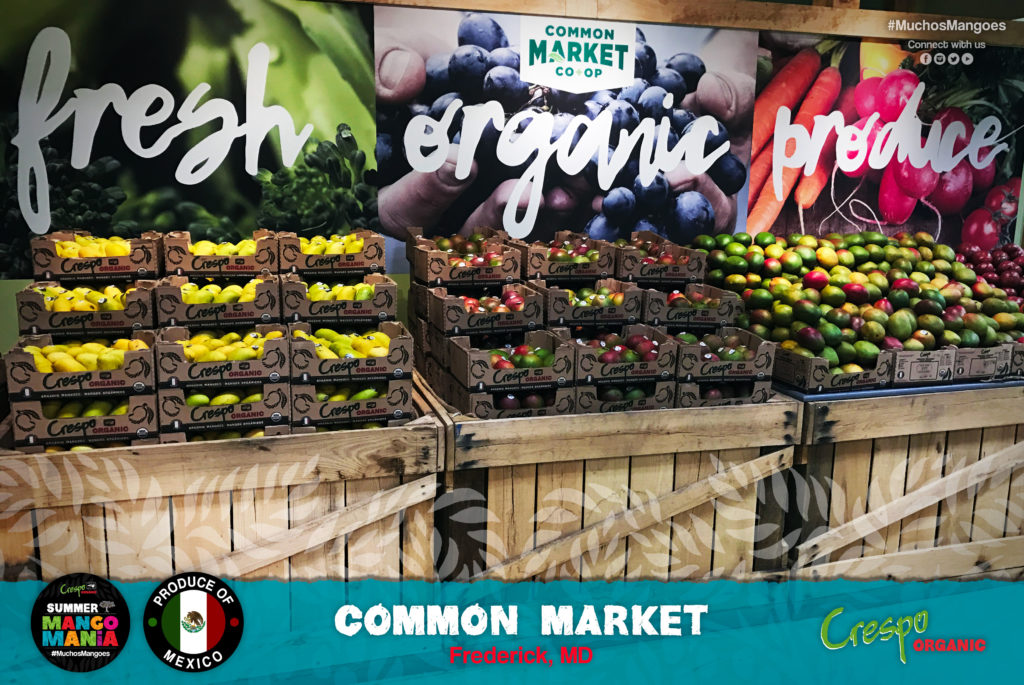
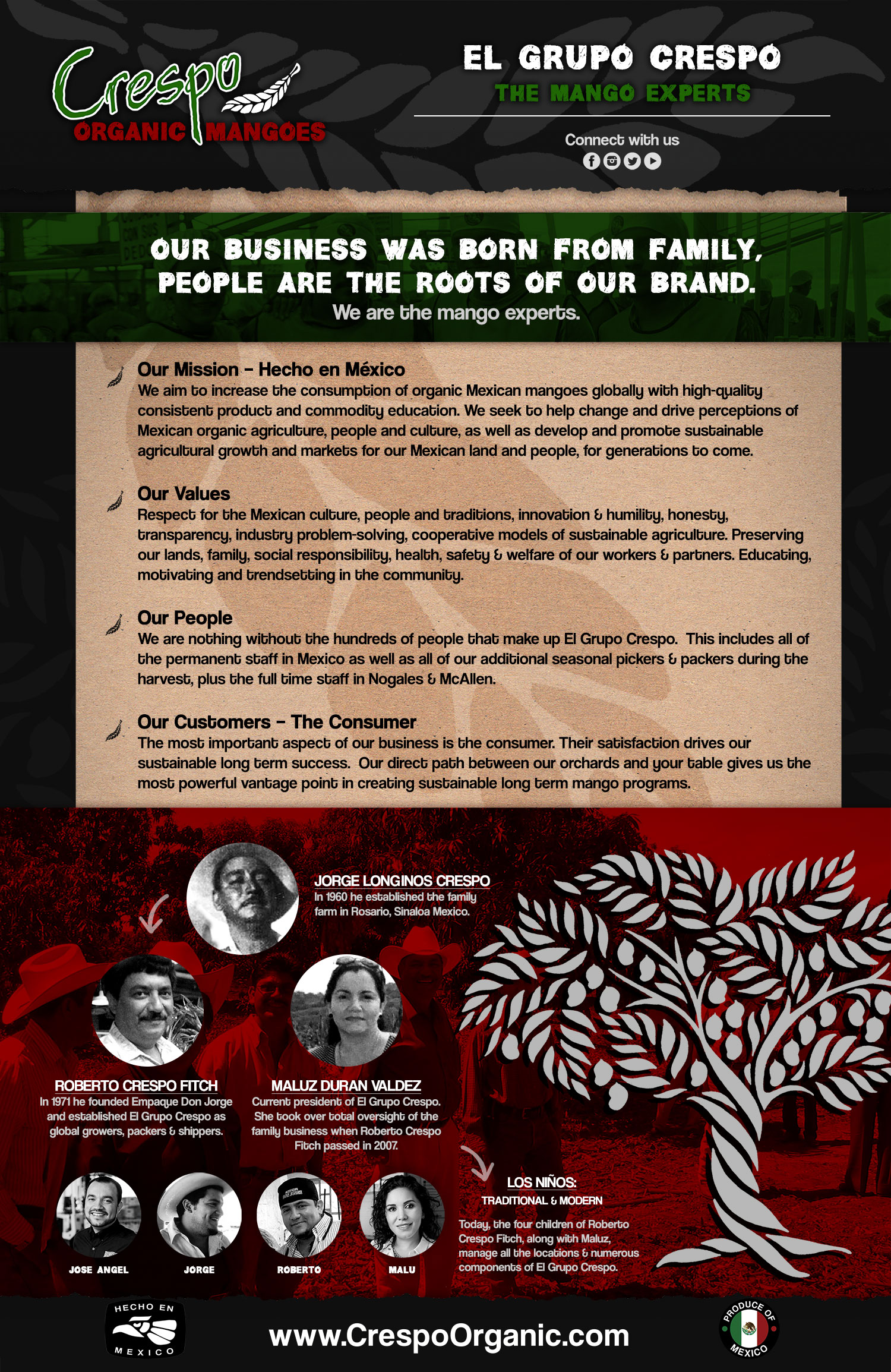
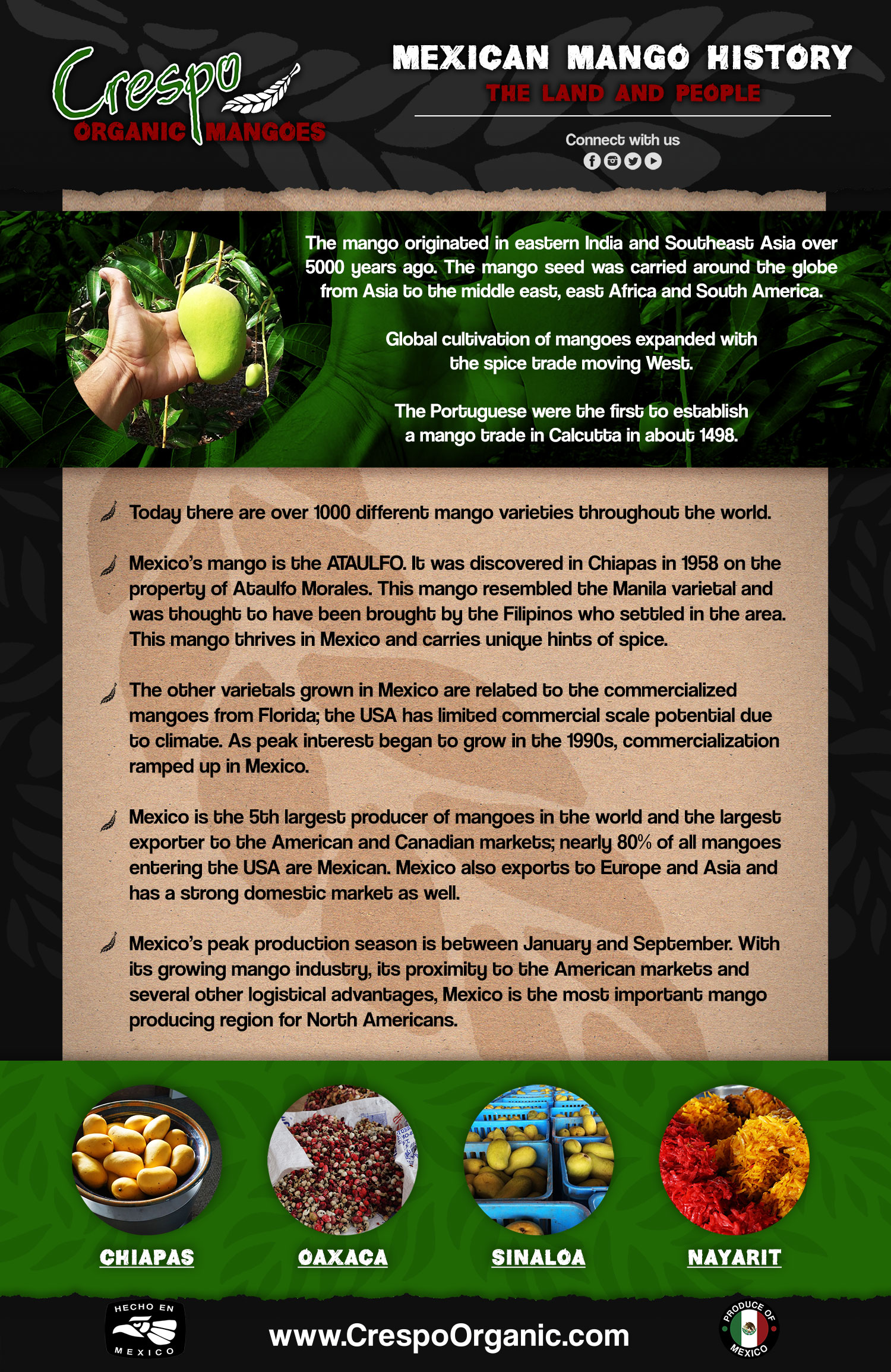
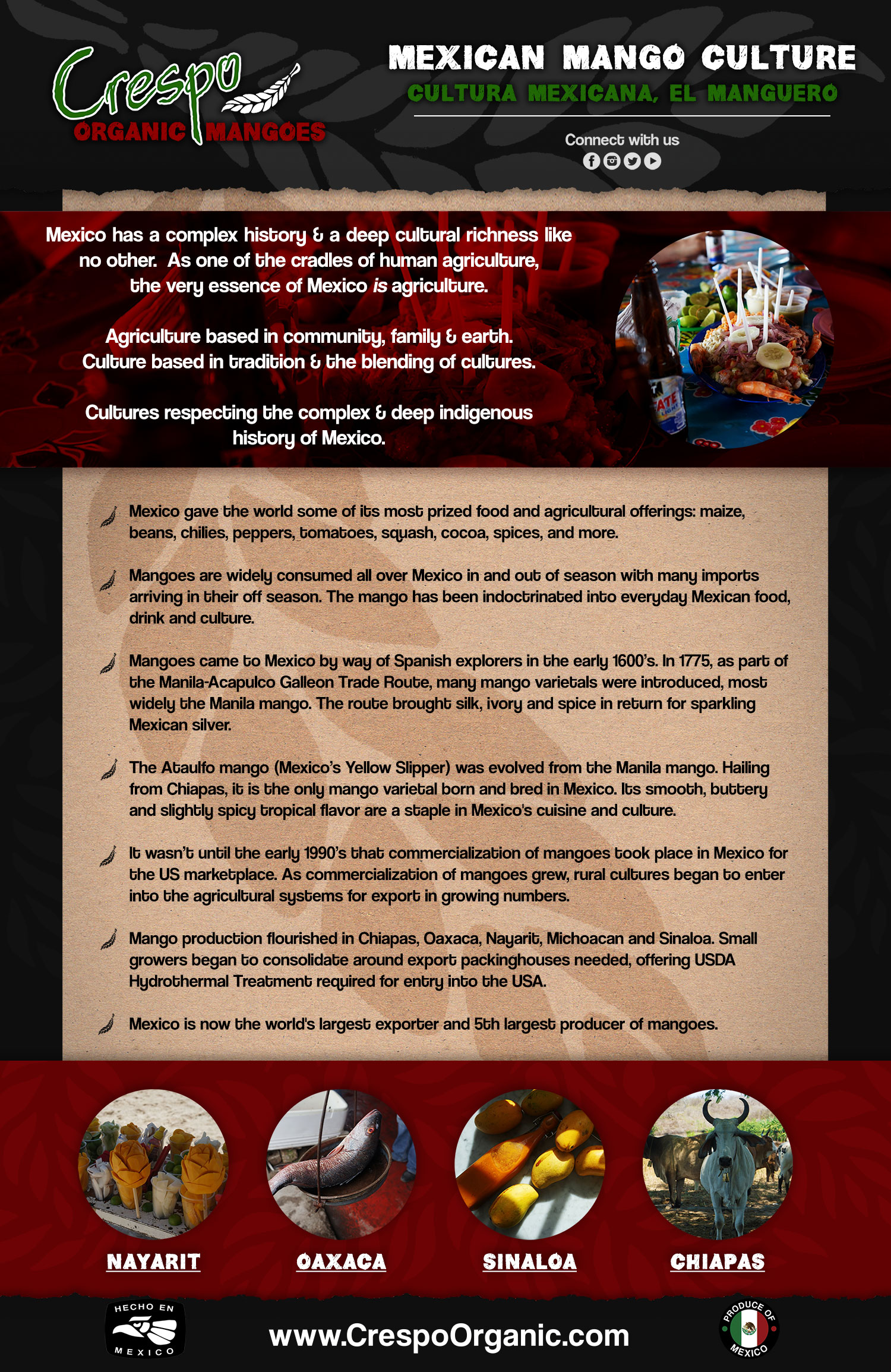
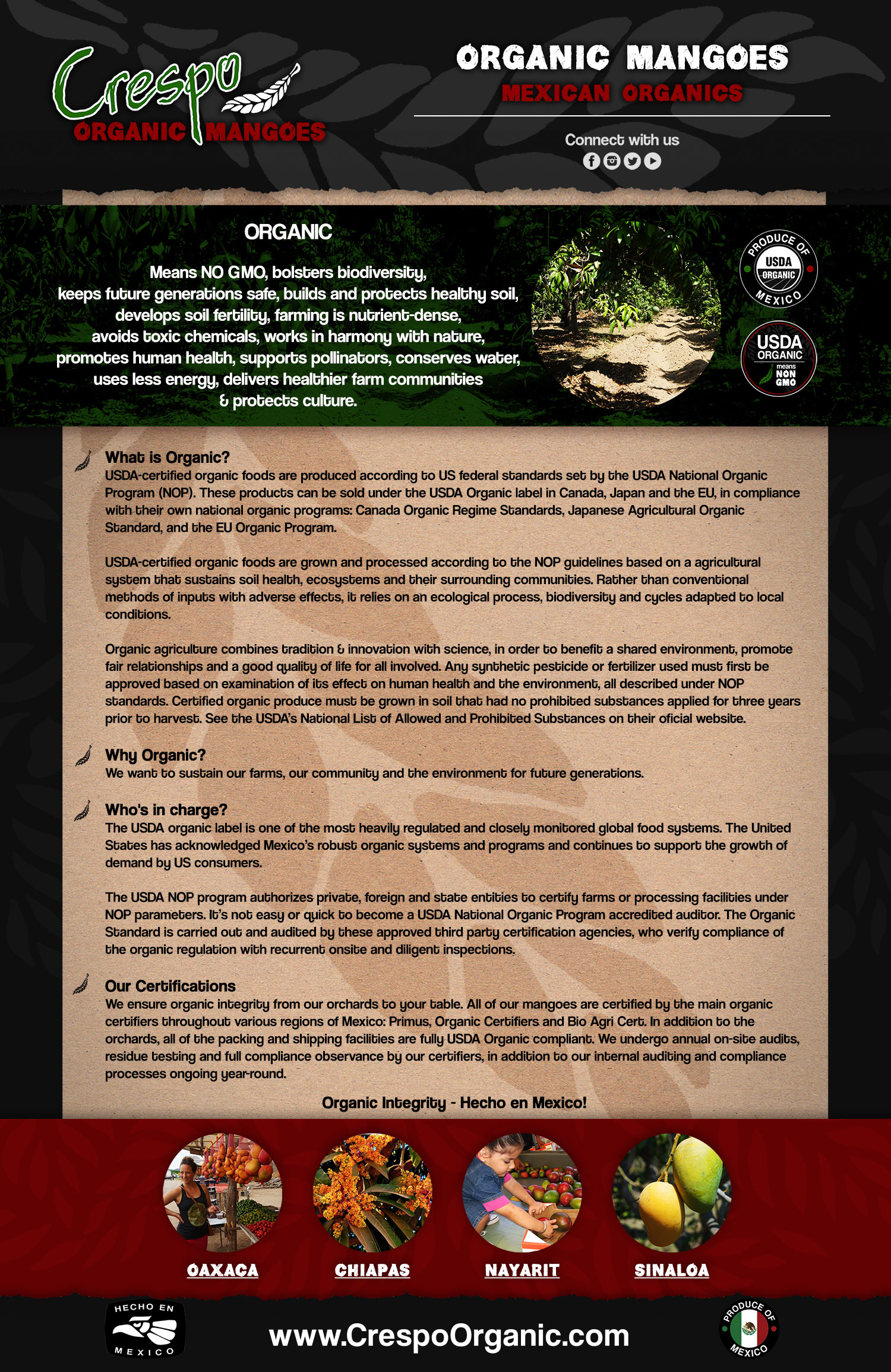
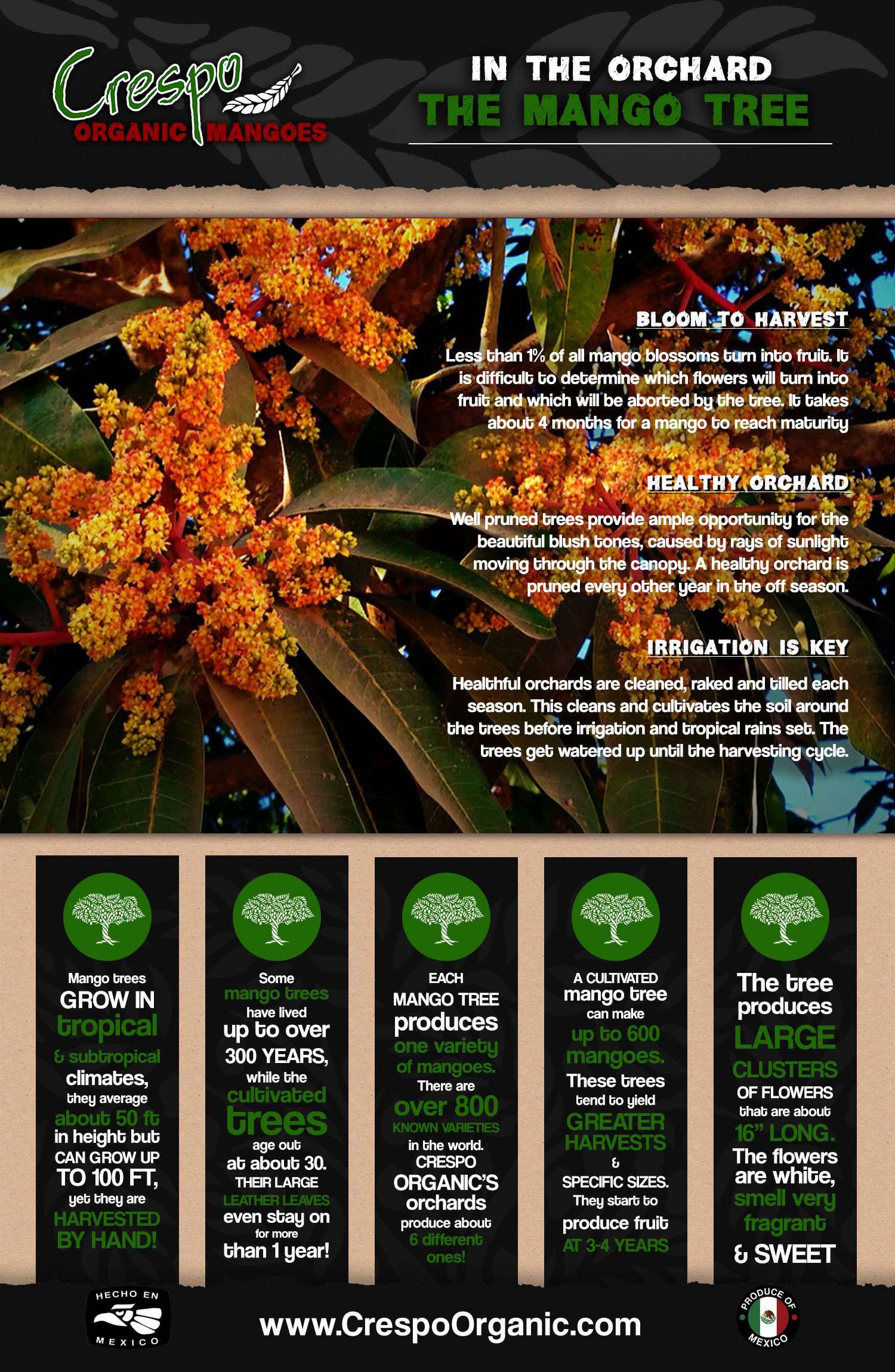
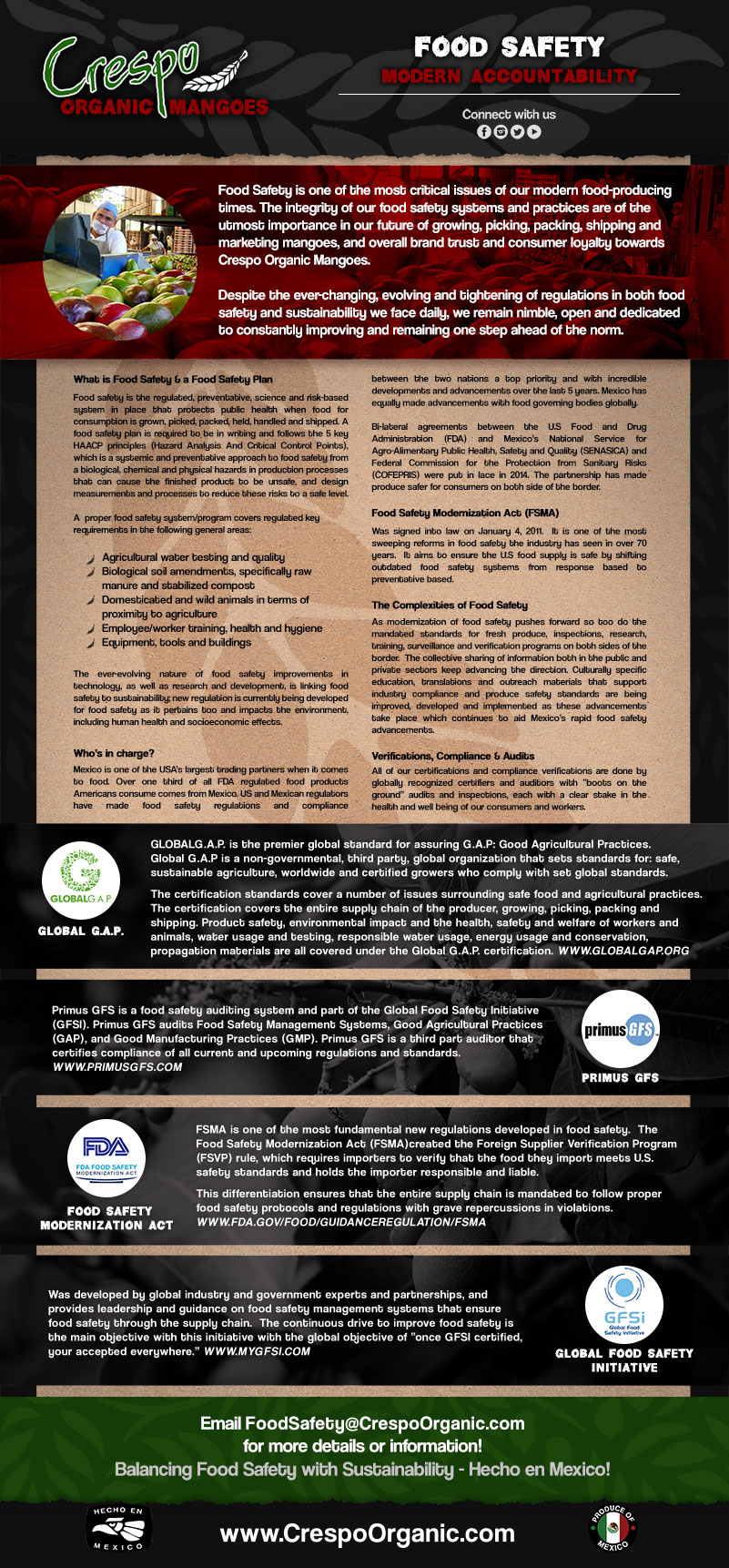
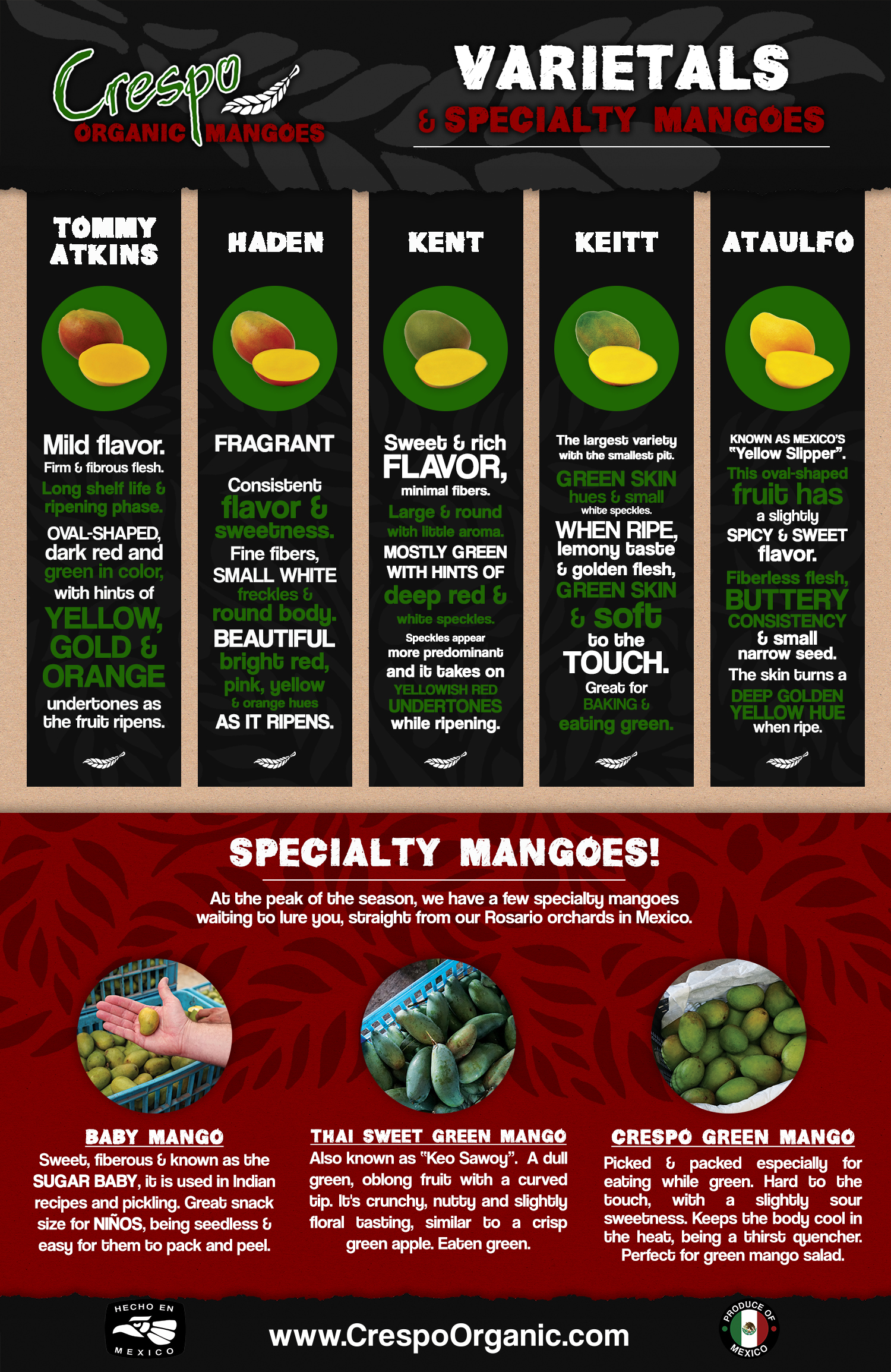
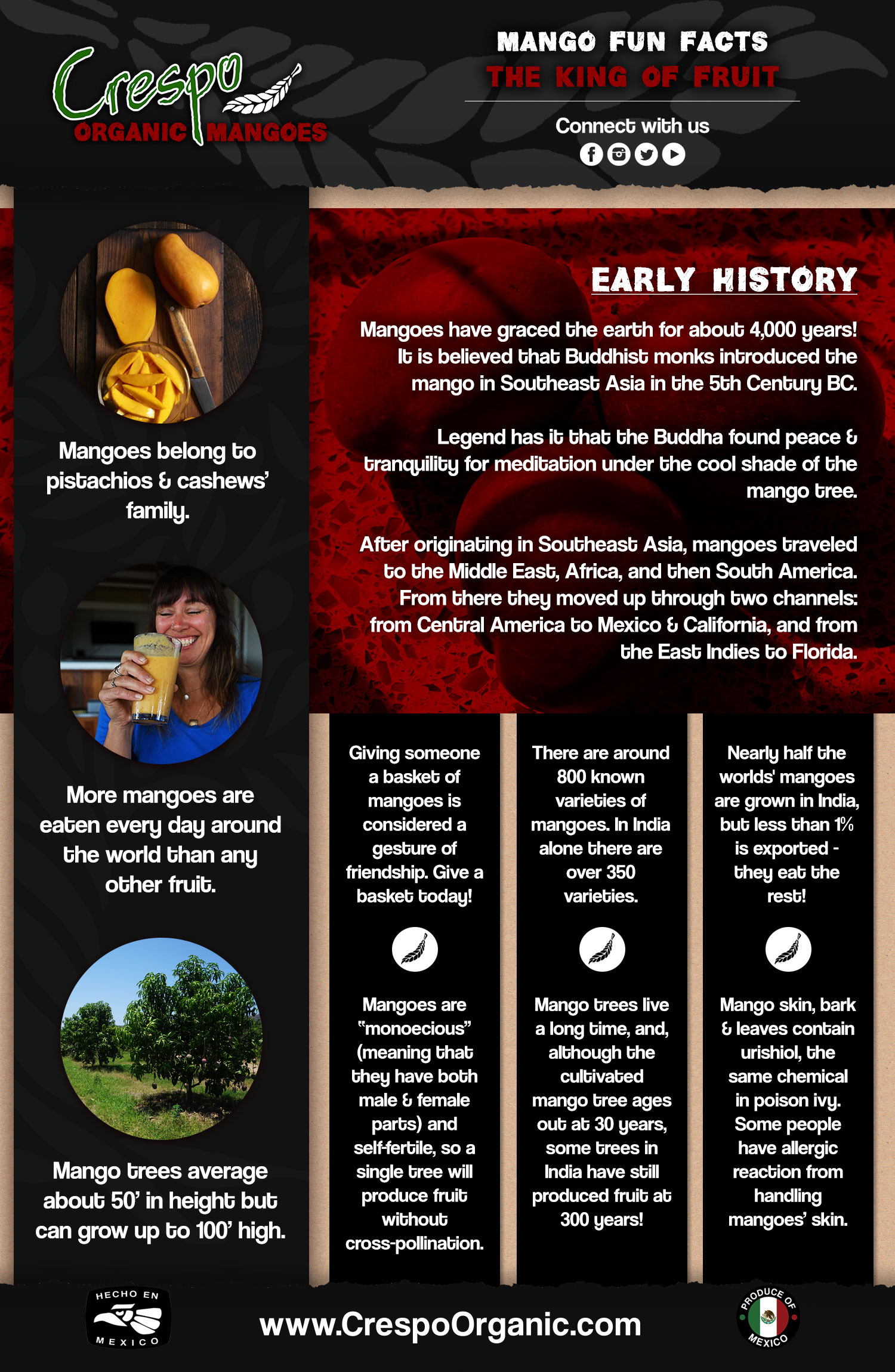
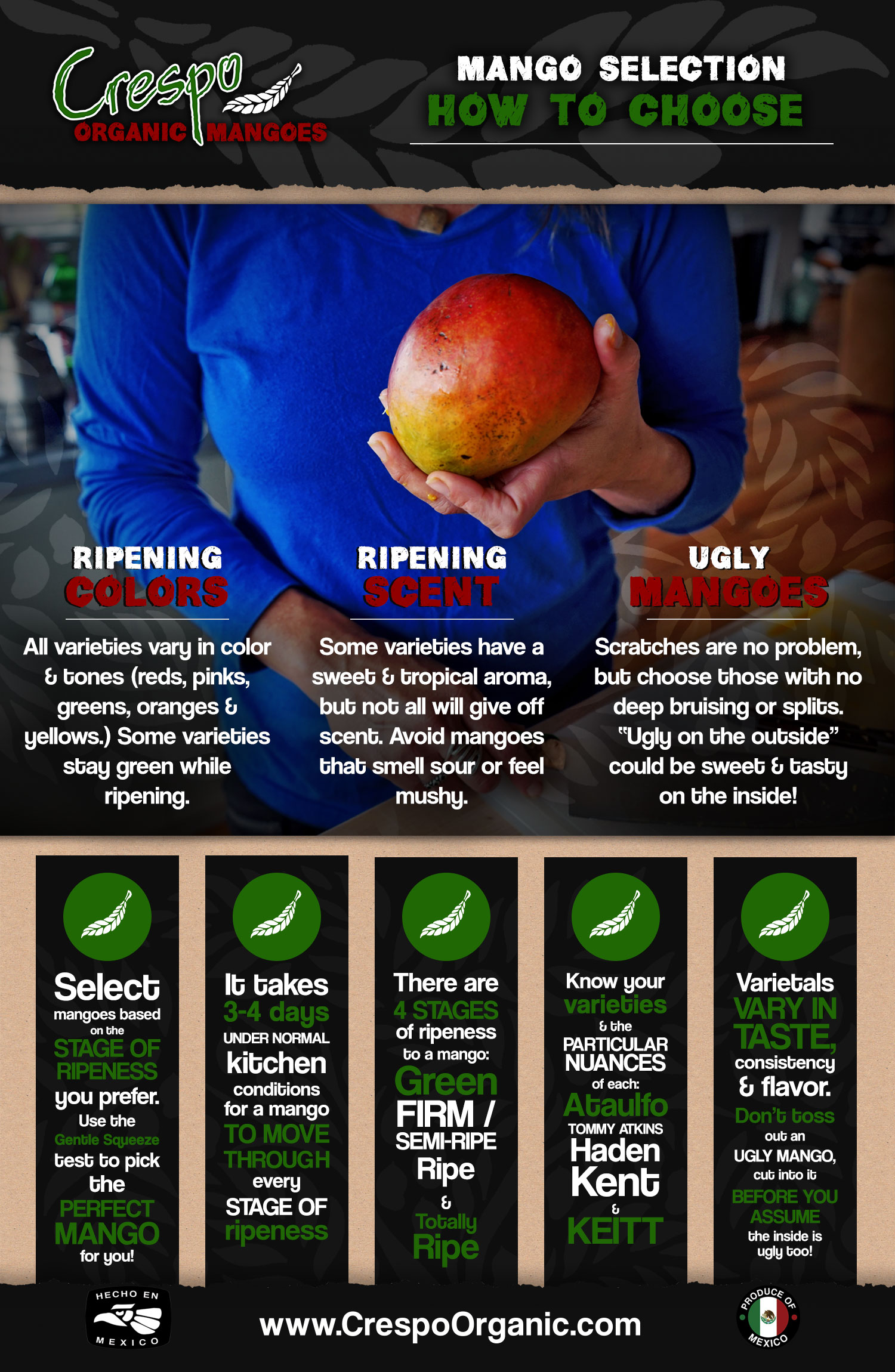
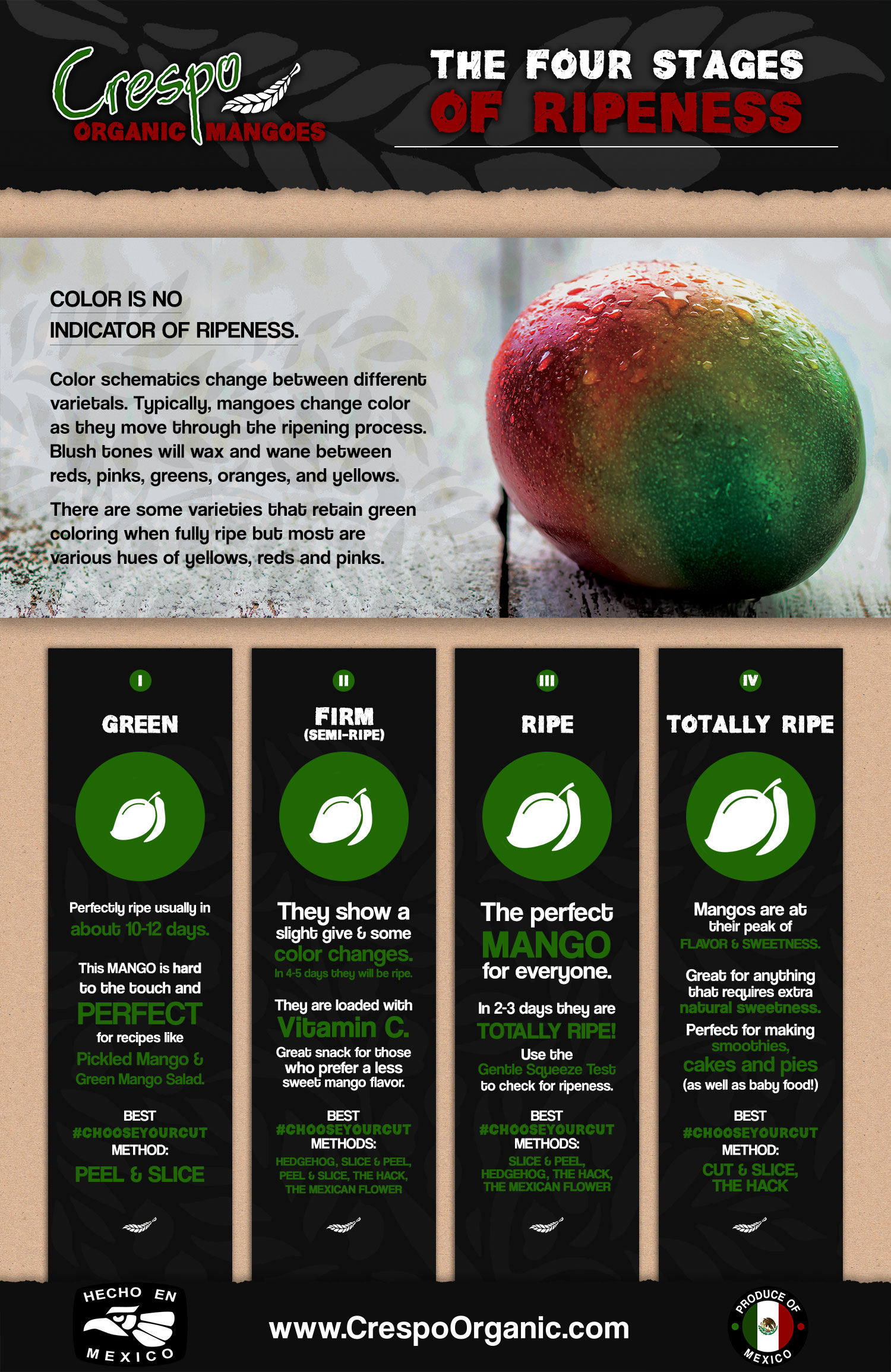
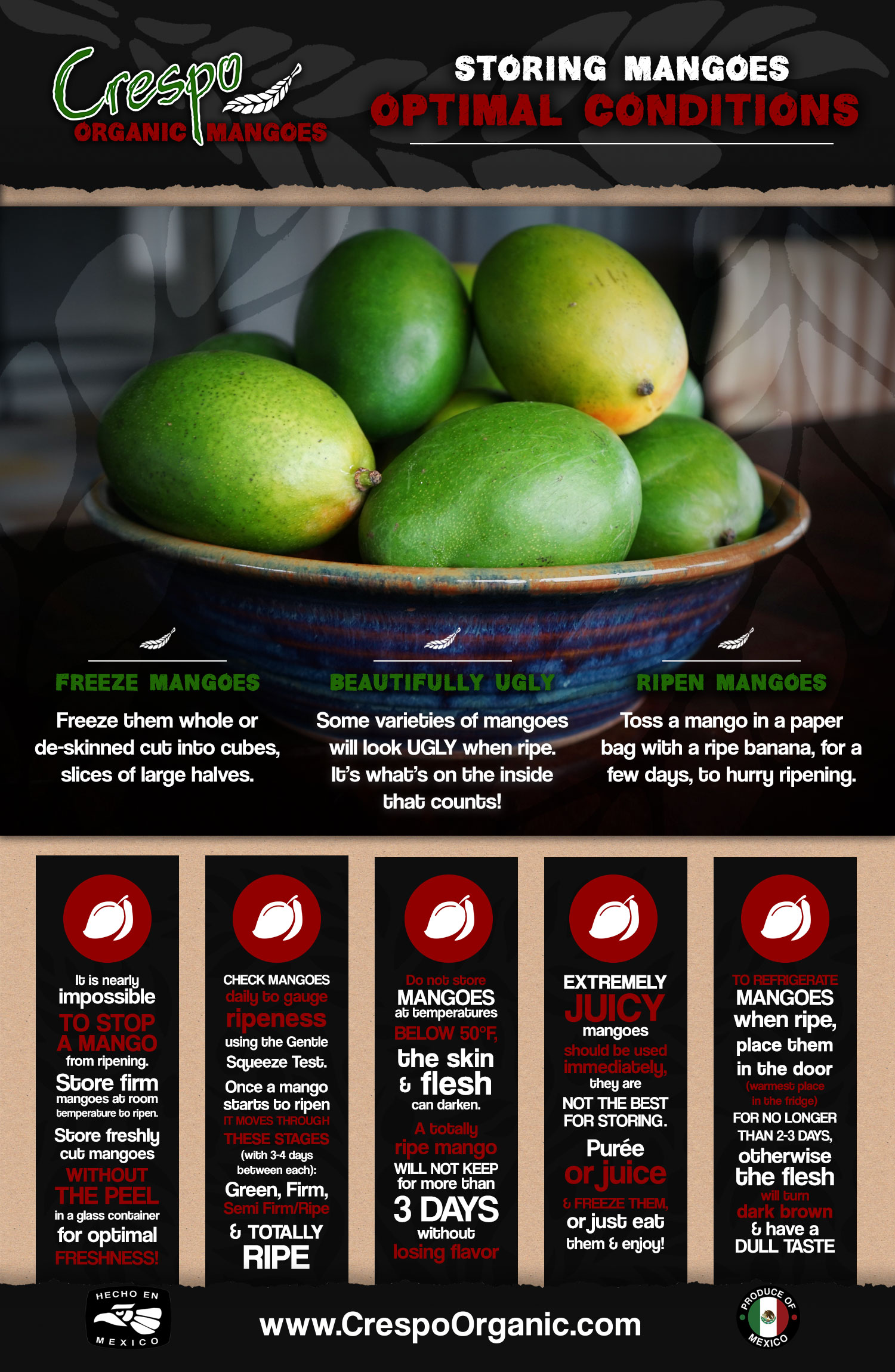
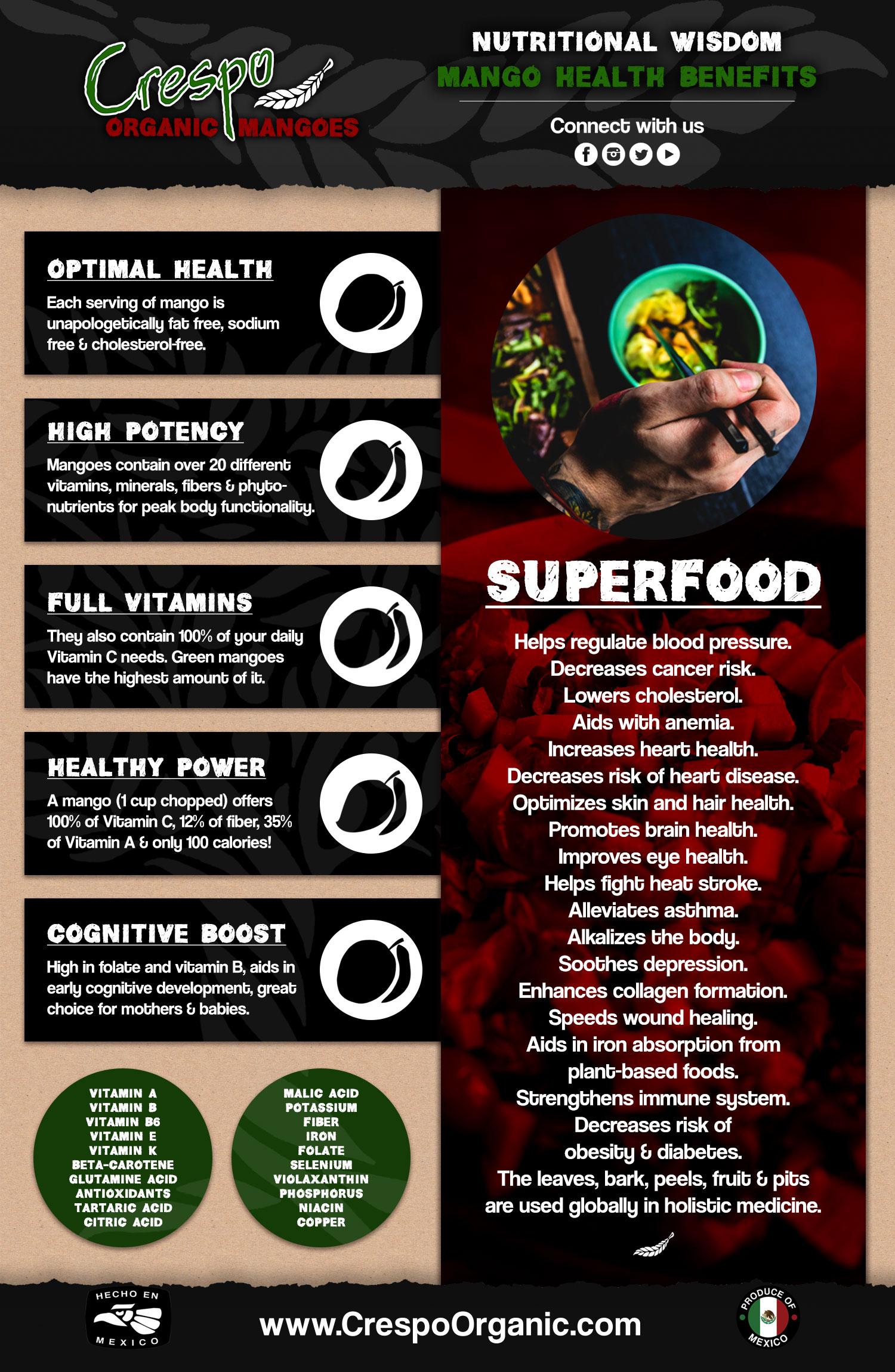
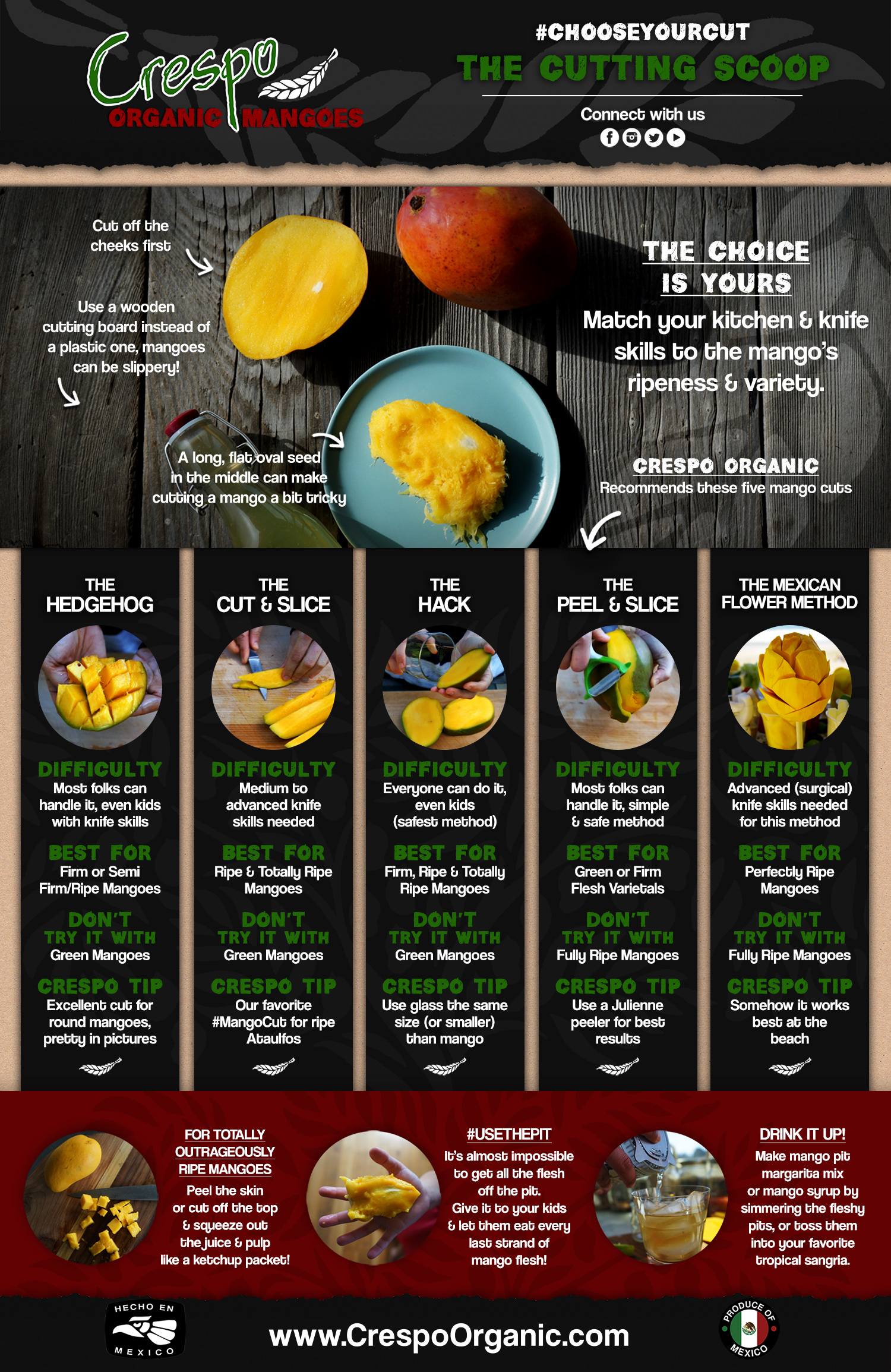
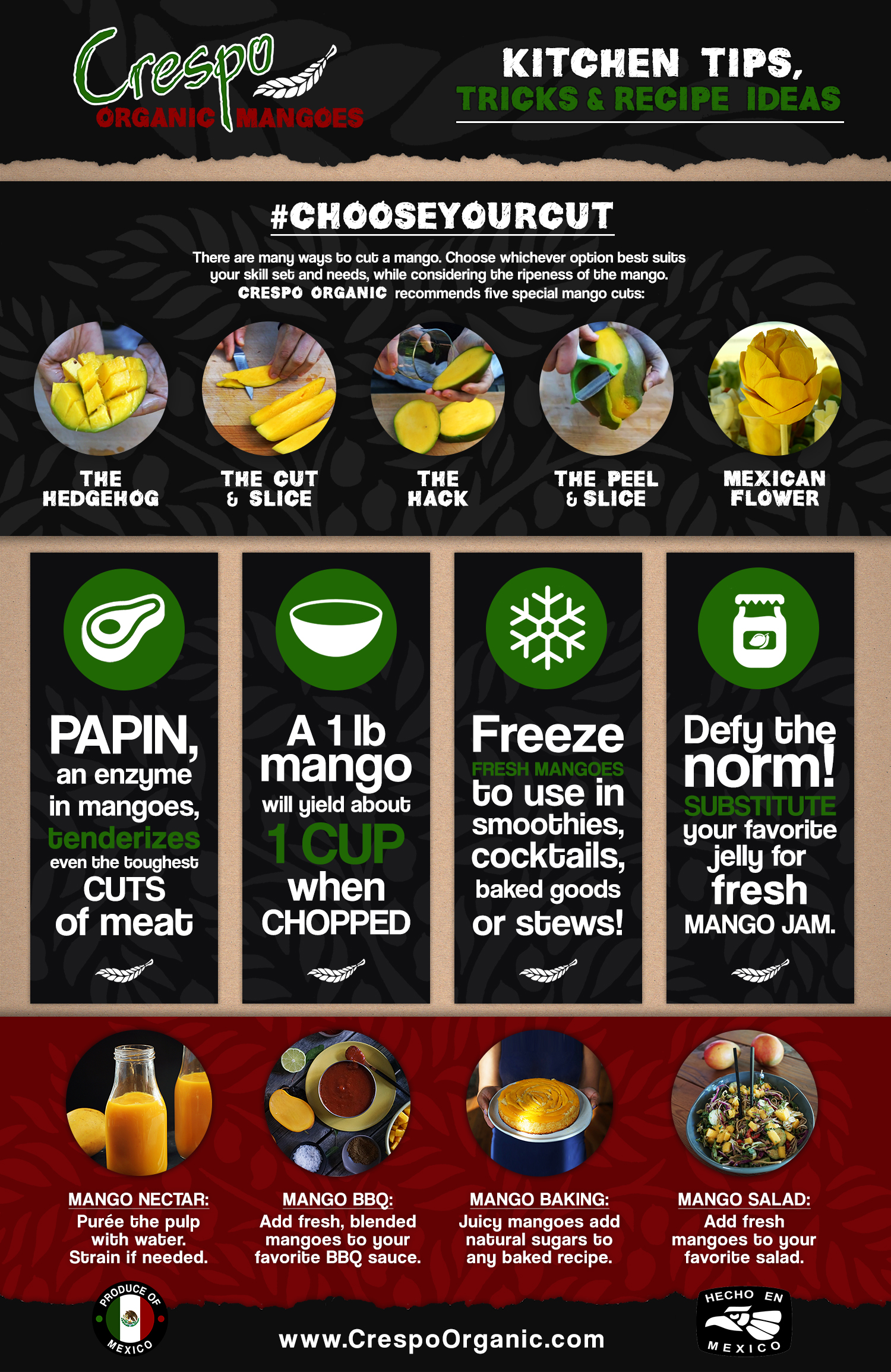
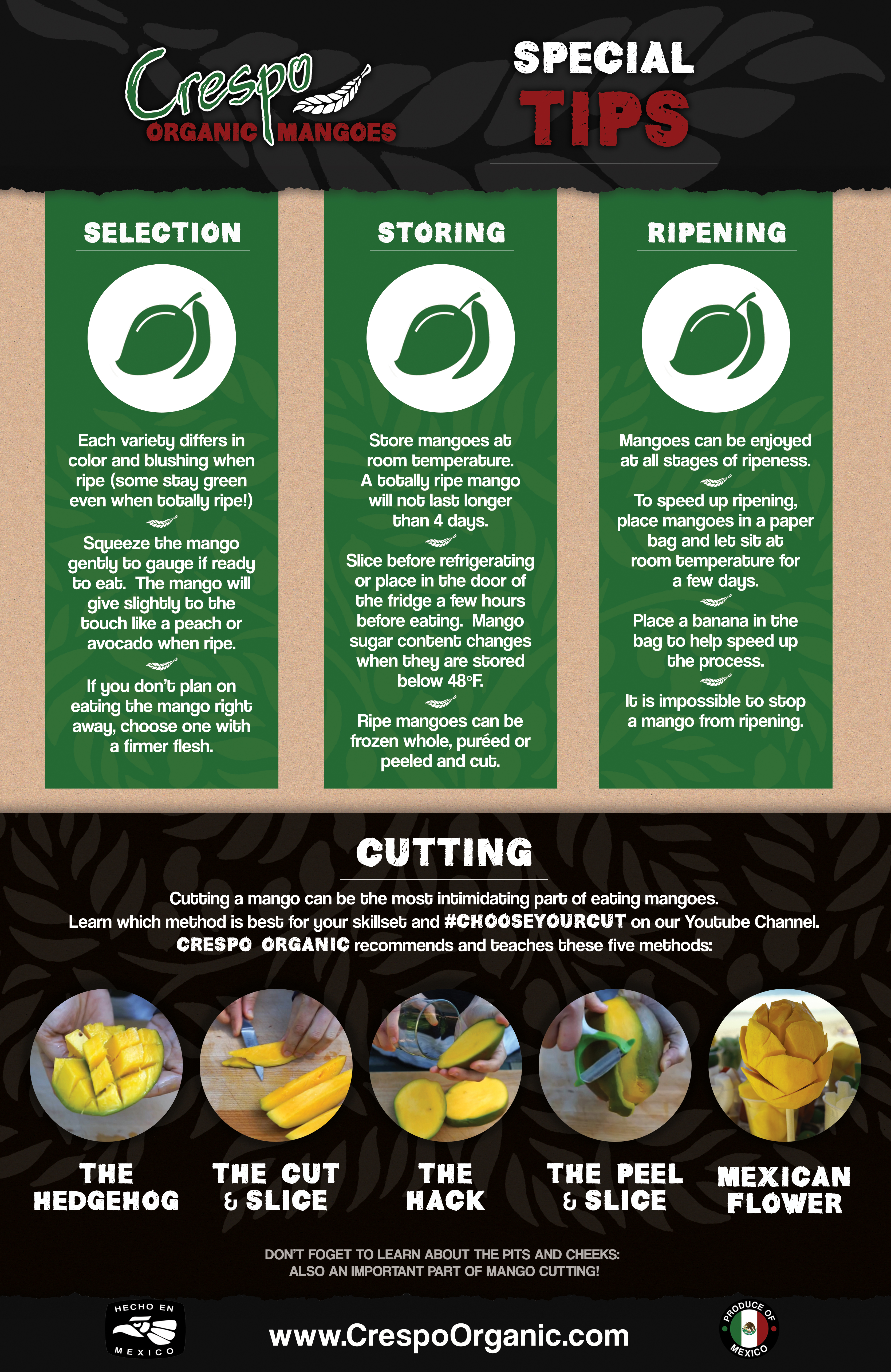
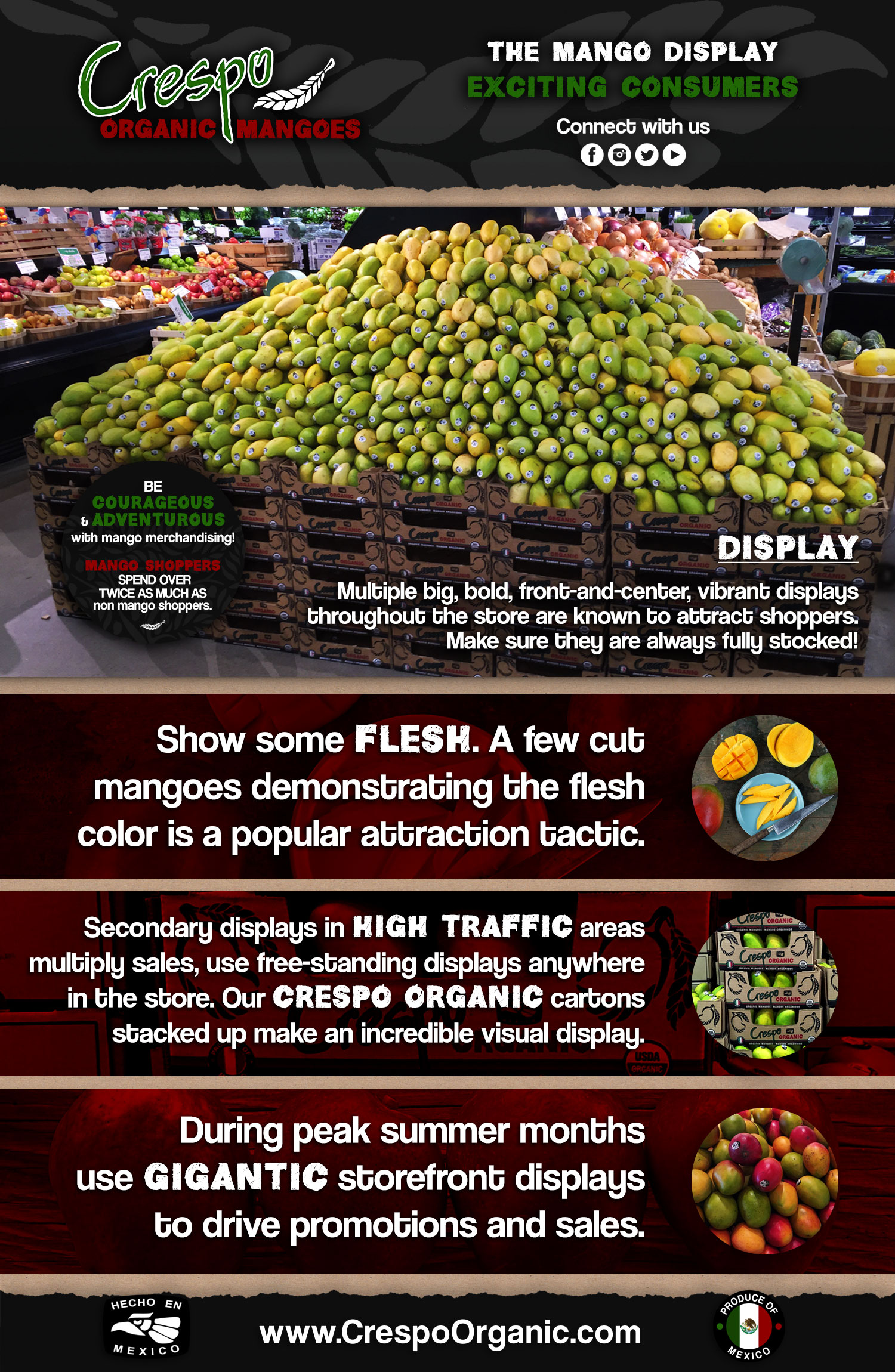
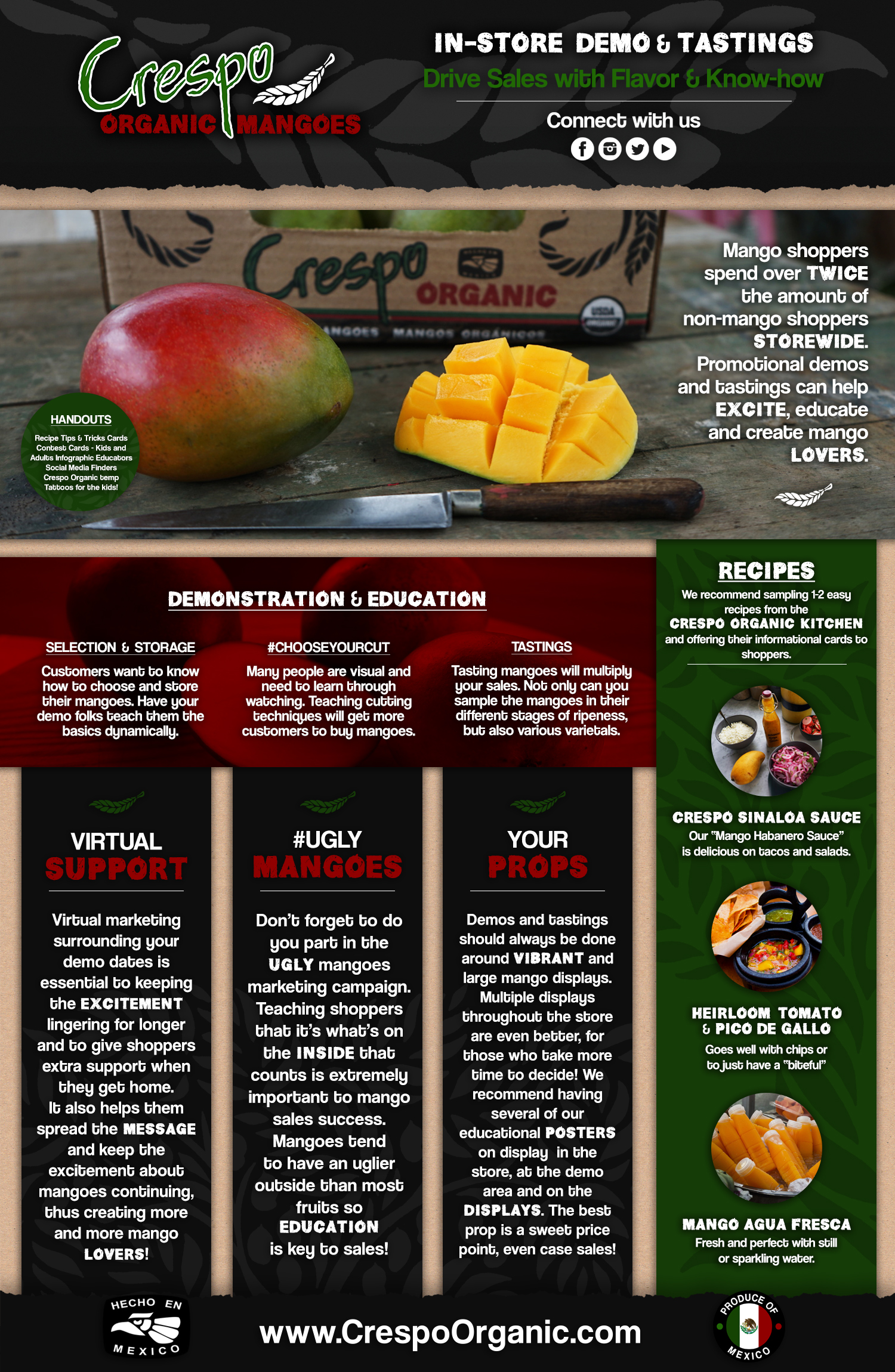
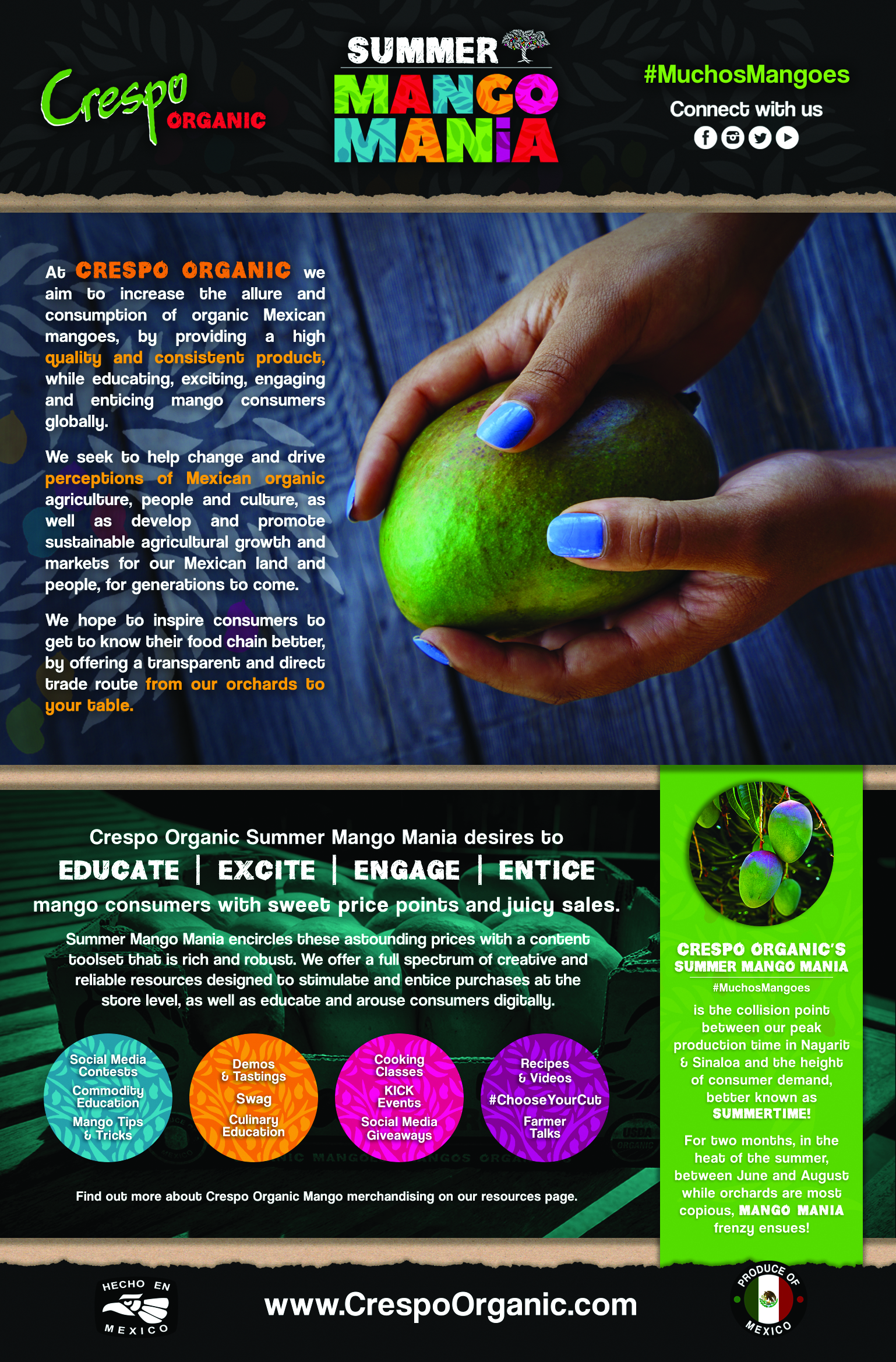
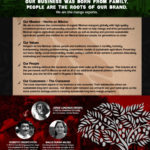
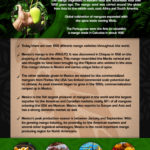
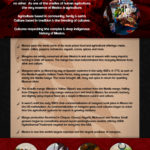


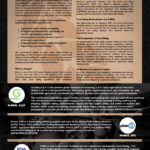


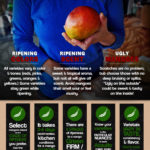
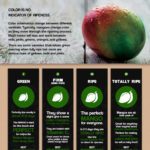
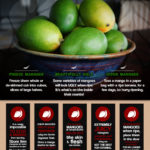
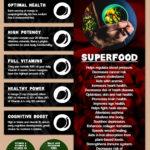
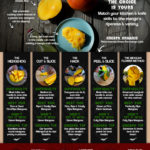
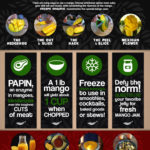
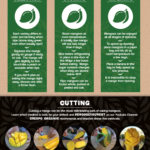
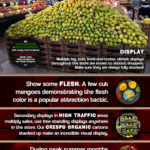

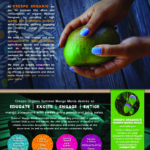
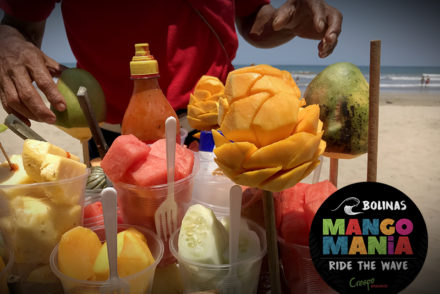

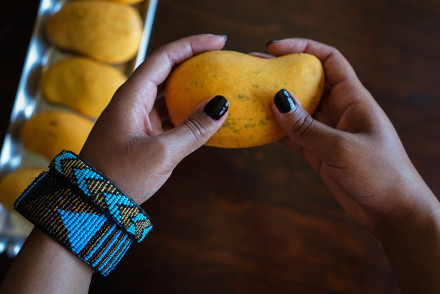



No Comments